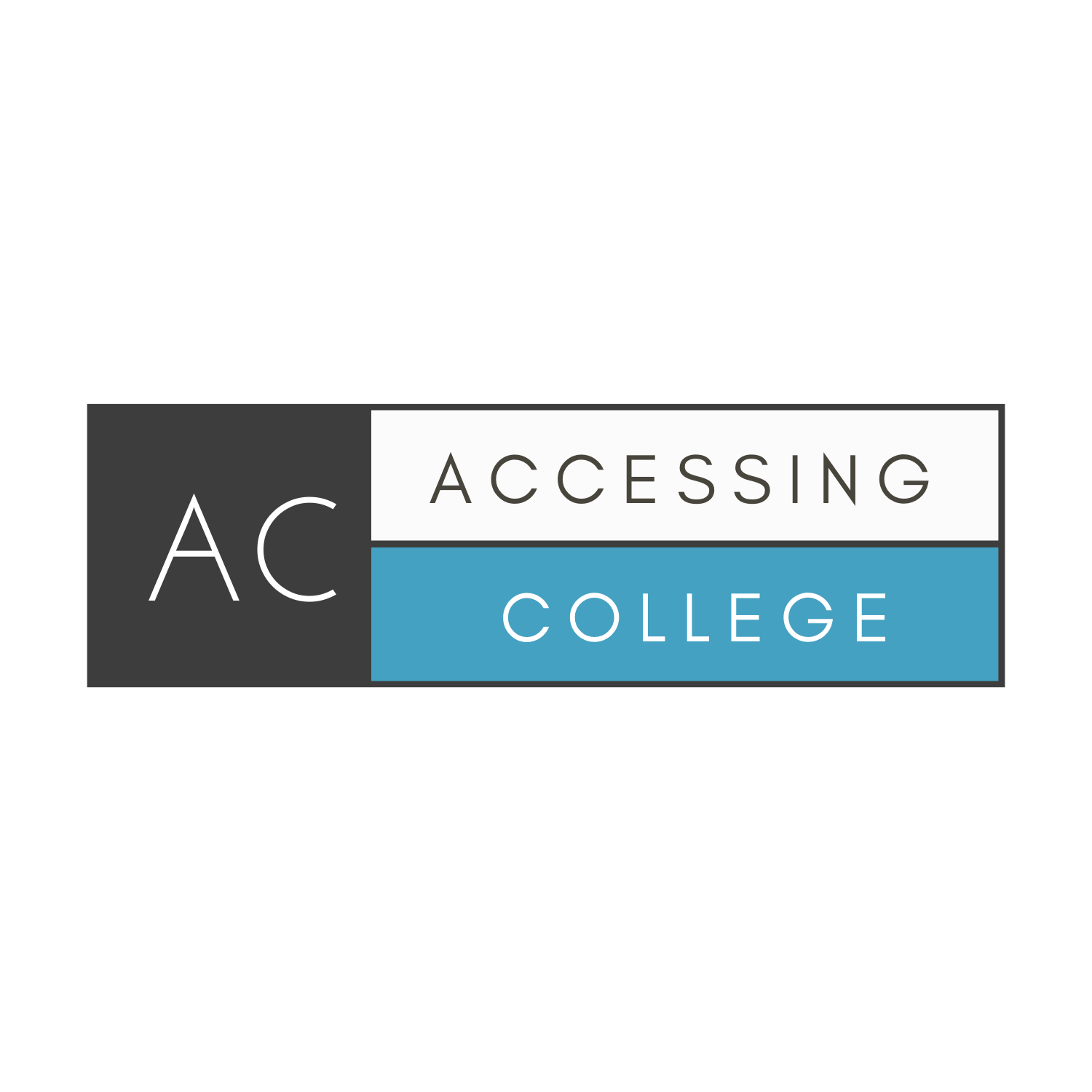
Parent’s Need a Way to Make Sure Thier Child Can Advocate for Thier Individual Needs
Did you know that when in college, only 1-20 students will ask for the accommodations they need? That’s 5%.
Why so low?
Well, most parents of students with disabilities can speak about the disability, give examples, and know what is needed, why it’s needed, and how it relates to doing well academically. Students with learning disabilities don’t have the same knowledge.
In K-12, parents are the main advocates, but in college that shifts to the student. But how does a parent shift that role and how do they transfer all the knowledge to their student?
Introducing the Advocacy Transition Program.
A program designed specifically for parents to transition the role of advocacy to their student. Many people talk about the importance of self-advocacy, but few if any give a method to follow that teaches it. So, I created a simple, easy to follow method that guides parents and students through the steps necessary to develop a confident, knowledgeable, self-aware student that can speak with clarity and confidence about their disability, what they need, and why.
The Advocacy Transition Program is simple, practical, and step-by-step. At the end of the program, parents get a student who is more self-aware, and can communicate effectively about their disability and what they need.
Take your child’s self-advocacy to the next level with the Advocacy Transition Method.
Research on Sefl-advocacy indicates
- The lack of knowledge about college accessibility services leads to students not requesting accommodations
- Use of accommodations is a direct predictor of graduation rates BUT students need self-advocacy skills to request them
This course helps parents learn how to coach their child in developing the skills and knowledge needed to request accommodations in college.
Advocacy Transition Program AKA. Self-Advocacy for Higher Education Course beaks down the process into an easy-to-follow, step-by-step method. Each step moves your college-bound child closer to effectively explaining their learning disability and requesting the accommodations they need. When you can explain those needs, you can get the accommodations easily.
Here are some important statistics that illustrate the problem.
- 69% of students with learning disabilities no longer think they have a disability upon graduating high school (NCLD)
- 76% of students with learning disabilities attending college never request accommodations (NCLD)
- Students who wait to request accommodations
- 5 times more likely not to graduate (Hudson, R.L. 2013)
- leads to lower GPAs (Lightner, K. L., Kipps-Vaughan, D., Schulte, T., & Trice, A. D. 2012)
- Student Voice survey found
- Top 3 stressors: exams, academic pressure, and time management
- 75% experience “some” to “a great deal of stress” that affects their focus, learning and negatively affecting academics.
Those who know their disability well and are comfortable saying it aloud get what they need, use what works for them, and ask for help when they need it. Self-advocacy relates to staying in school, doing better, and getting a degree. The bottom line is self-advocacy works and leads to more college success.
At the end of the Advocacy Transition Program, you will have a student who is knowledgeable, confident, and well prepared to advocate for the accommodations they need and deserve.
Knowledge is POWER and your college-bound student will be more empowered to advocate for what they need, ask for it, and follow through with co
Advocacy Transition Program AKA Self-Advocacy for Higher Education Course can help your college-bound student get the self-advocacy skills they need to get the accommodations they deserve.
Bonus: Self-advocacy for Higher Education Workbook is included Free!

